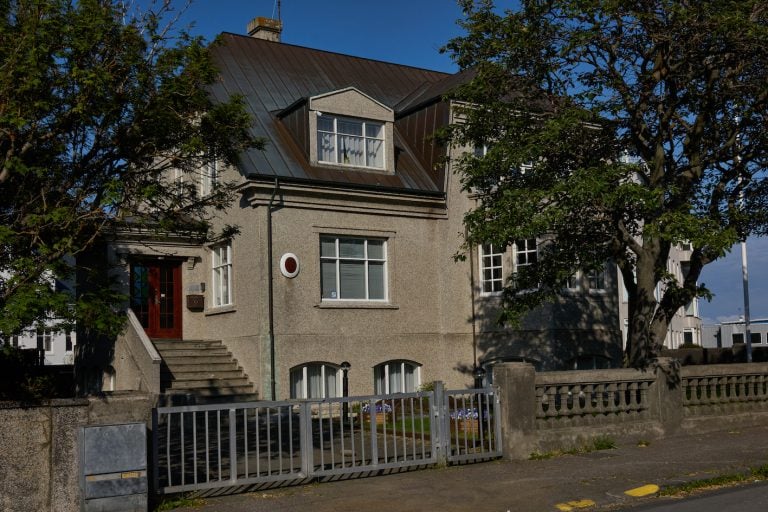There is no international cooperation as bountiful and good as the cooperation of the Nordic countries, which is the oldest cooperation of its kind in the world. Nordic cooperation is rooted in culture, economics and politics, where co-Nordic actions create added value for the more than 30 million people who live in the Nordic countries. The cooperation aims to make the collective voice of the nations stronger internationally. The countries’ common values strengthen the position of the Nordic countries, where human rights and innovation are at the forefront.
Not long ago, the Nordic countries were a one nation state, but they united with the Kalmar agreement in 1297. There was a break up in the agreement in 1521, when the Danes and Swedes became independent nations. Under the Swedish reign were Finland and then Norway, Estonia and Latvia, while Denmark reigned over Iceland, the Faroe Islands and Greenland.
The Nordic Council was founded in 1952, but Finland did not join the council until three years later, after Stalin’s death. At this time, the Finns didn’t want to rock the boat, sharing an almost 2000 km long border with the Soviet Union.
As US President Joe Biden said at a press conference after meeting all the Nordic Prime Ministers at a meeting in Helsinki on July 13th; “If we left the important decisions to the Nordics, we’d all be in good shape.”
Icelandic Times visited all six embassies of the Nordic countries in Reykjavík today. An easy project as they are all located in the city center, three on Túngata, two on Sóleyjargata and one on Hverfisgata, the Danish one.
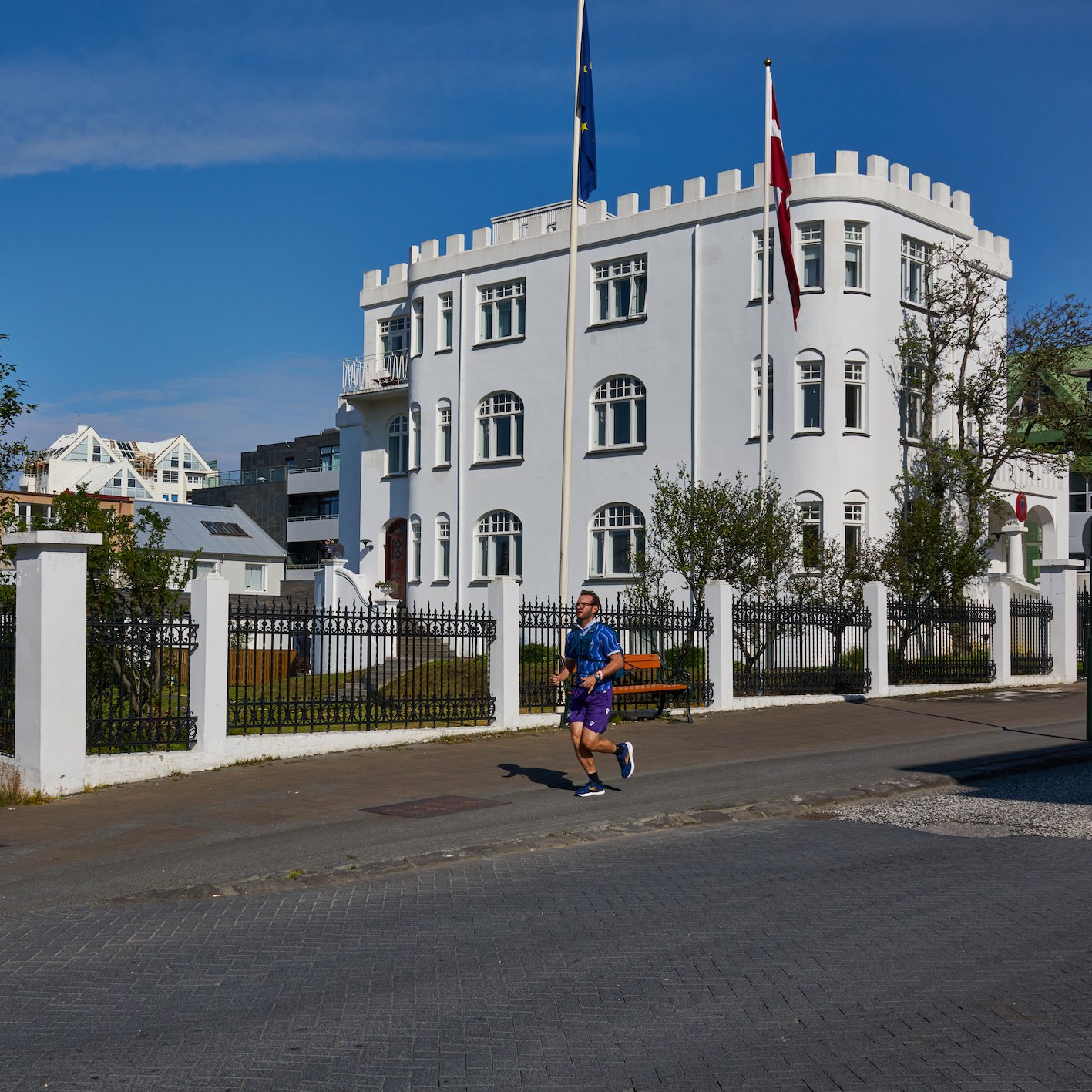
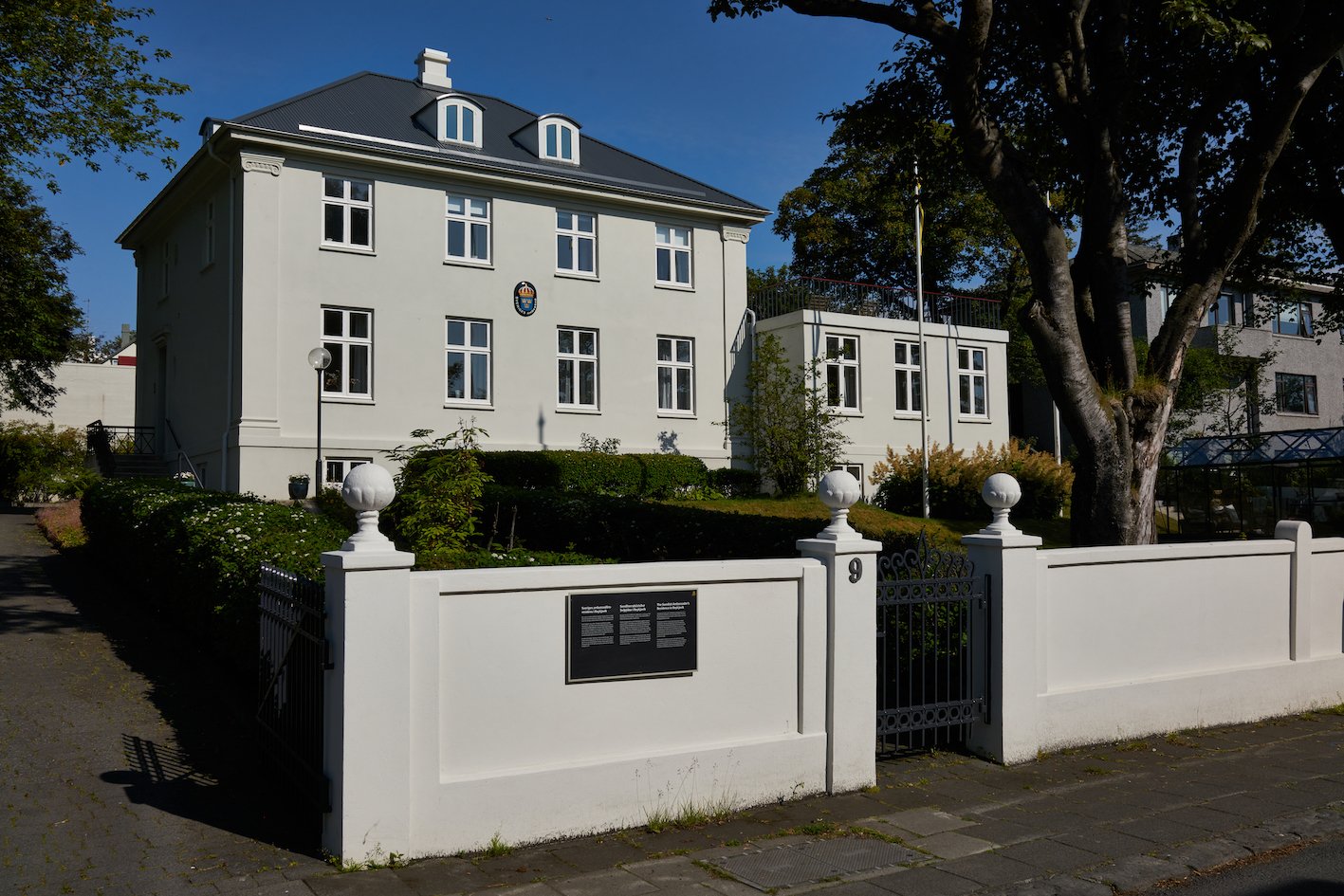
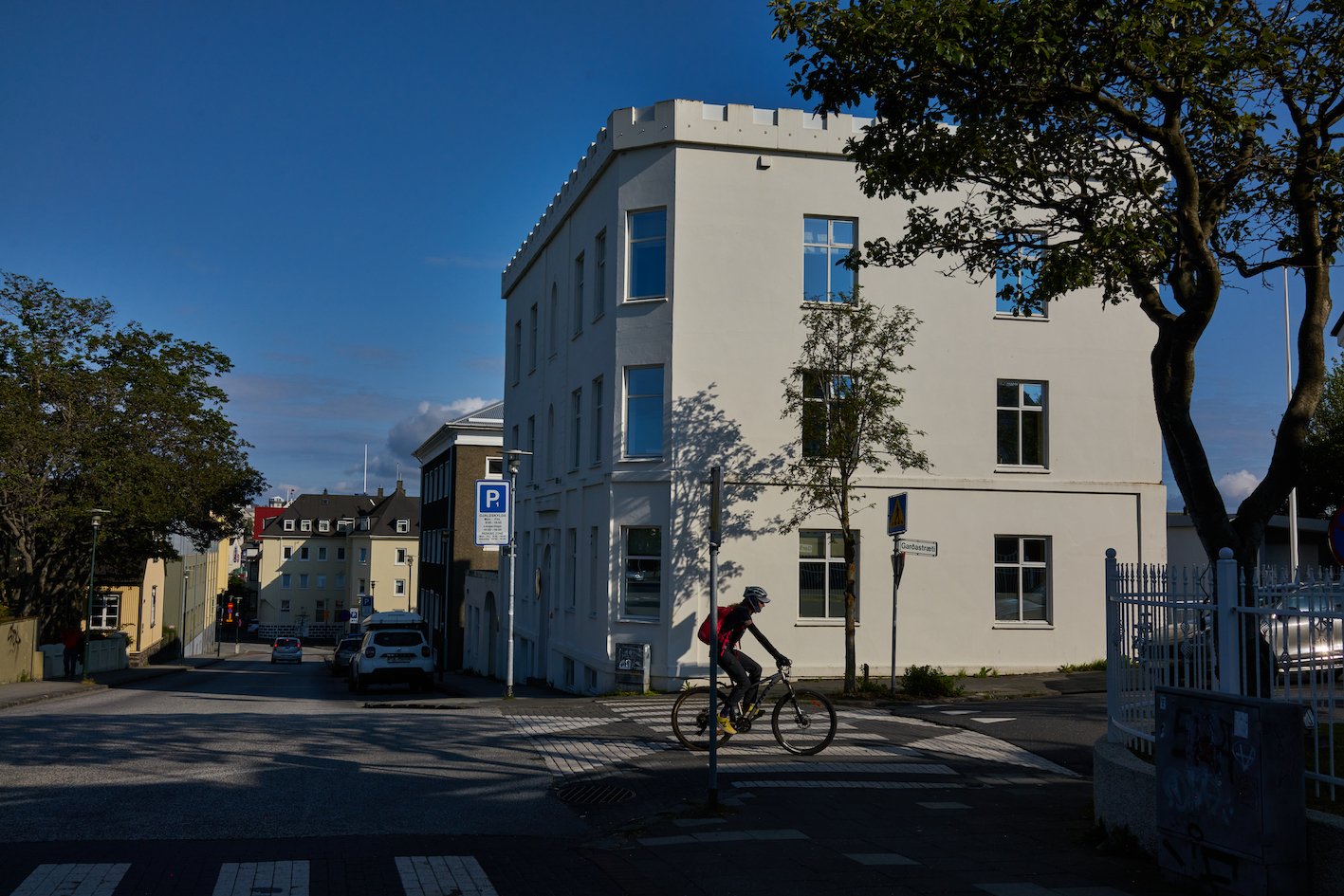
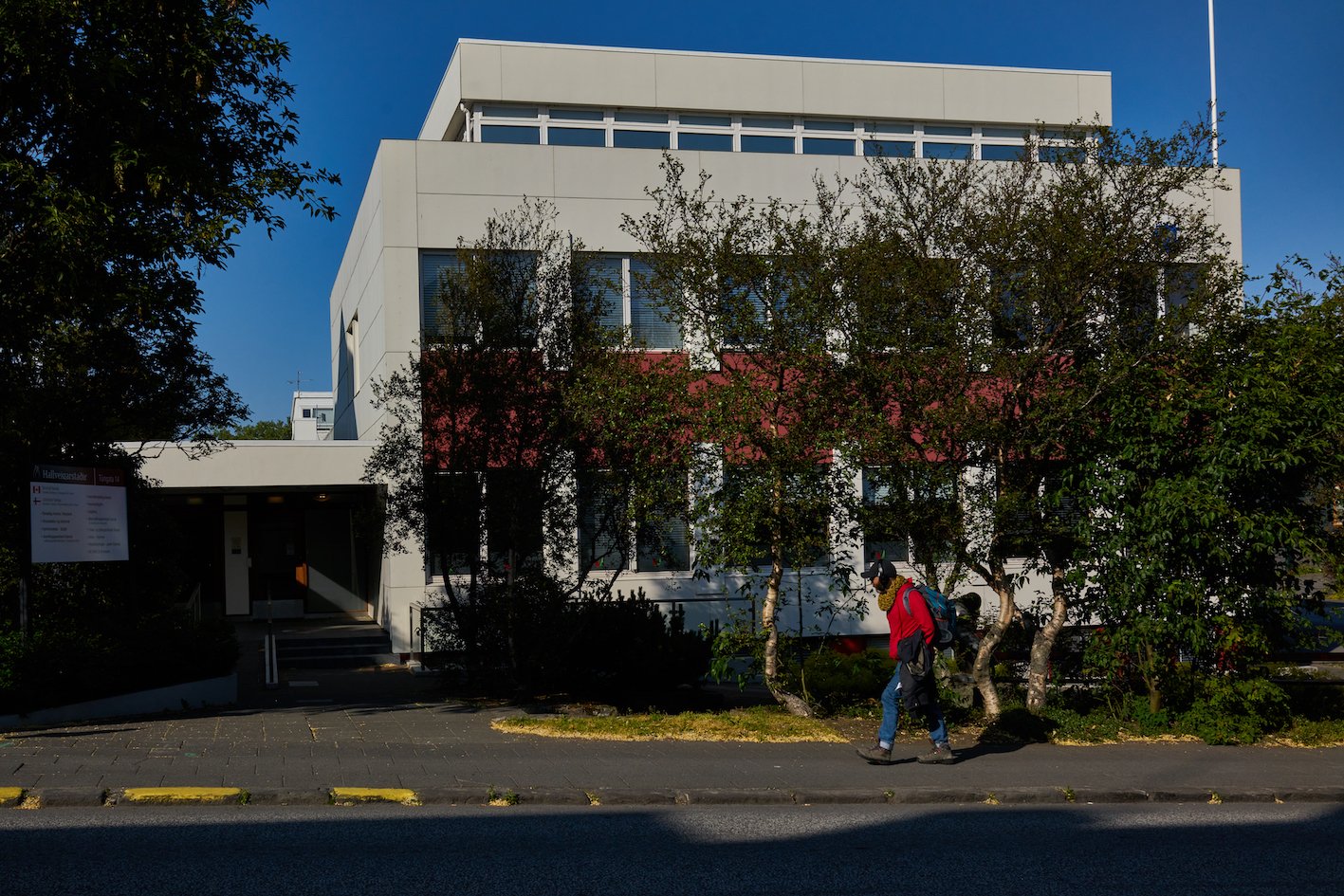
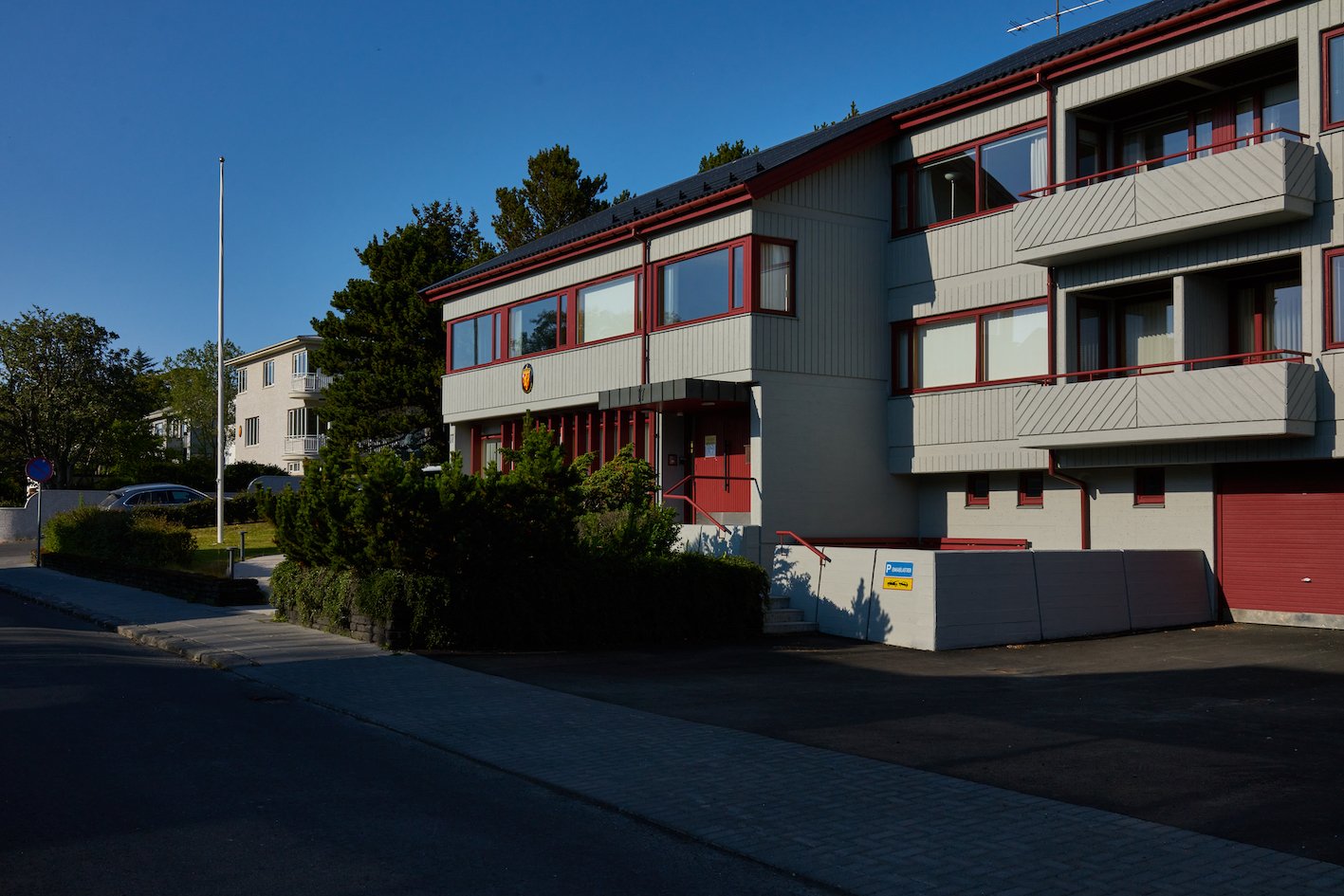
Photographs & text : Páll Stefánsson
Reykjavík 31/07/2023 : RX1R II : 2.0/35mm Z

